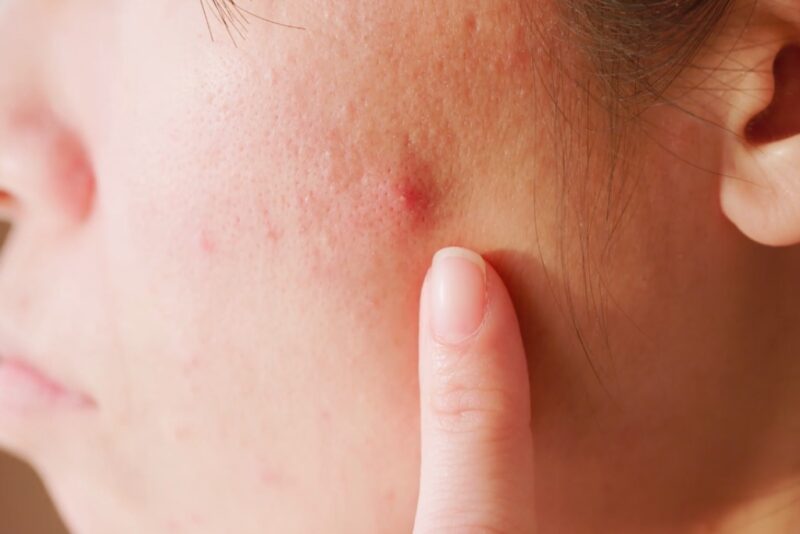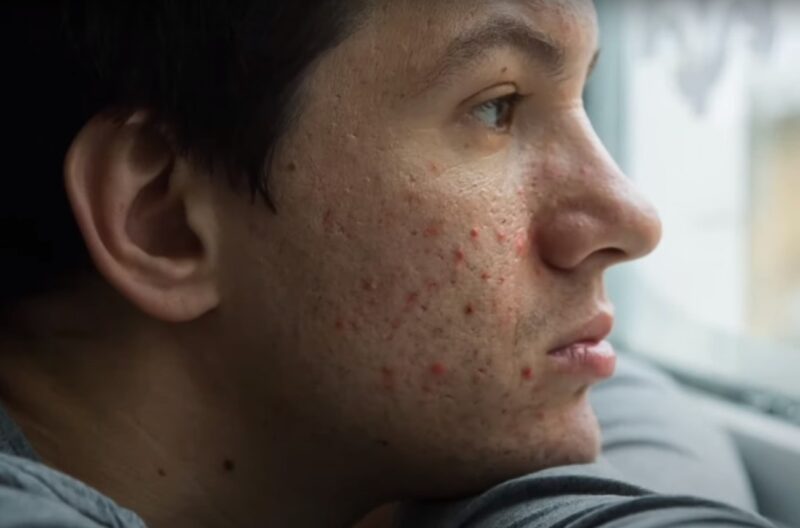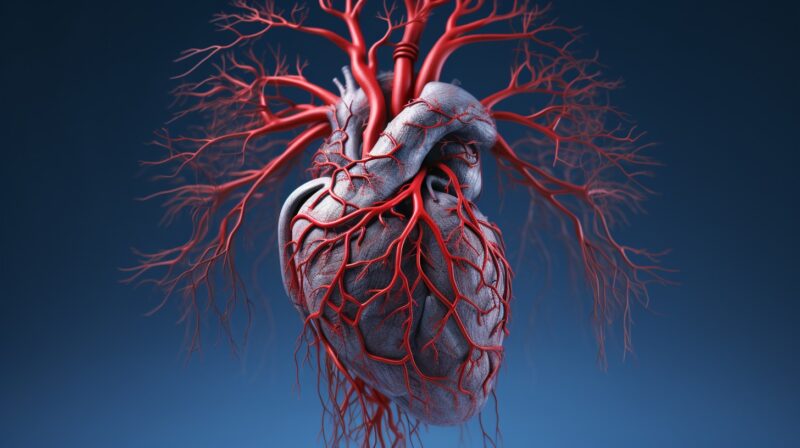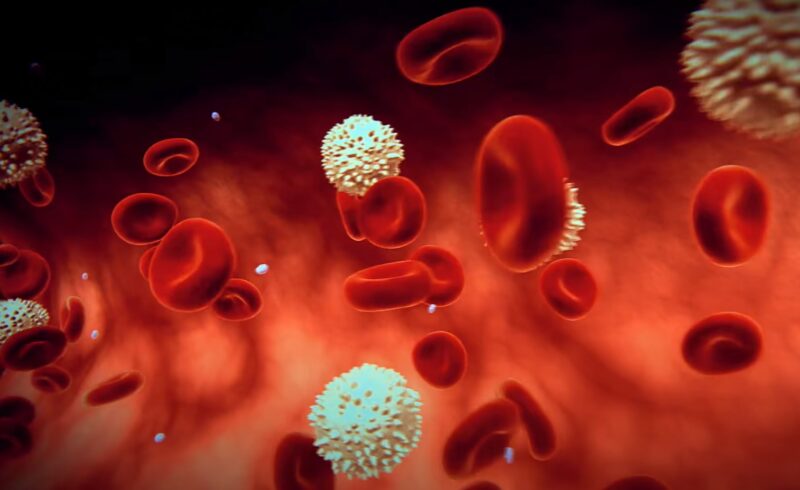Acne, a common skin condition that many teenagers experience has captured the attention of both medical researchers and society as a whole. Knowing what causes acne and why it tends to affect adolescents more often involves going deeper into a wide range of factors, including hormonal changes and lifestyle choices.
In simple terms, acne appears as pimples, blackheads, and cysts that mainly appear on the face, back, and shoulders. This happens when hair follicles become clogged with oil and dead skin cells. While acne is most commonly associated with teenage years, it doesn’t discriminate and can affect people of different age groups.
Hormonal Changes in Teenagers

Acne is a common issue that affects many teenagers, and the main culprit behind it is the hormonal rollercoaster that comes with puberty. Hormones like testosterone, known as androgens, go into overdrive during this period, affecting both boys and girls. They have a knack for triggering the sebaceous glands in the skin, causing them to go haywire.
These glands are responsible for producing sebum, an oily substance that plays a crucial role in keeping the skin moisturized and shielded from harm. However, when there’s an excessive amount of sebum being produced, it can lead to the dreaded clogged pores, which become the perfect breeding ground for acne.
As per Cleveland Clinic, microscopic sebaceous glands, situated within your hair follicles, are responsible for the production of sebum, an oil-like substance. This sebum acts as a shield, preventing your skin from becoming dehydrated.
However, these glands can become blocked, so maintaining their health is important. This can be achieved by adhering to a skincare regimen that incorporates both cleansing and moisturizing.
Genetic Factors
Did you know that genetics can have a big impact on acne? It’s true! If a teenager’s parents had acne when they were younger, there’s a higher chance that the teenager will also have more severe acne.
It’s all because of how our genes can influence how our skin reacts to hormonal changes and how our immune system responds to bacteria. In fact, certain genetic factors can even make acne worse. Take a look at this table for more information on these potential genetic factors and their effects on acne severity.
| Genetic Factor | Description |
|---|---|
| Increased sebum production | Genes that lead to higher sebum production can cause more clogged pores and acne. |
| Keratinization process irregularities | Genetic variations affecting skin cell turnover can contribute to pore blockages. |
| Androgen receptor sensitivity | Increased sensitivity to androgens can enhance sebum production and worsen acne. |
| Inflammatory response genes | Certain genes regulate how the body responds to inflammation, impacting acne severity. |
| Immune system reactivity | Genetic differences in how the immune system reacts to acne-causing bacteria. |
| Follicular hyperproliferation | Genes influencing the rate of skin cell growth within hair follicles, leading to blockages. |
Skin Bacteria and Acne

Our skin plays host to a range of bacteria, one of which is Propionibacterium acnes, closely linked to acne. Although these bacteria are usually harmless, they can become troublesome when they get stuck in blocked pores.
They thrive on the surplus sebum, generating substances that ignite inflammation and swelling, ultimately leading to the formation of acne blemishes.
According to Ajay Bhatia, Ph.D., Propionibacterium acnes is a human skin bacterium that stains gram-positive and thrives in anaerobic environments. It is known to play a role in the development of acne.
Lifestyle and Environmental Factors

Lifestyle choices and environmental factors can exacerbate acne. Poor dietary habits, such as a high intake of sugar and dairy products, have been linked to increased acne severity. Stress is another significant factor, as it can increase the production of hormones that worsen acne.
Additionally, certain cosmetics and skin care products can clog pores and trigger breakouts. Environmental factors like humidity and pollution can also contribute to the development of acne.







